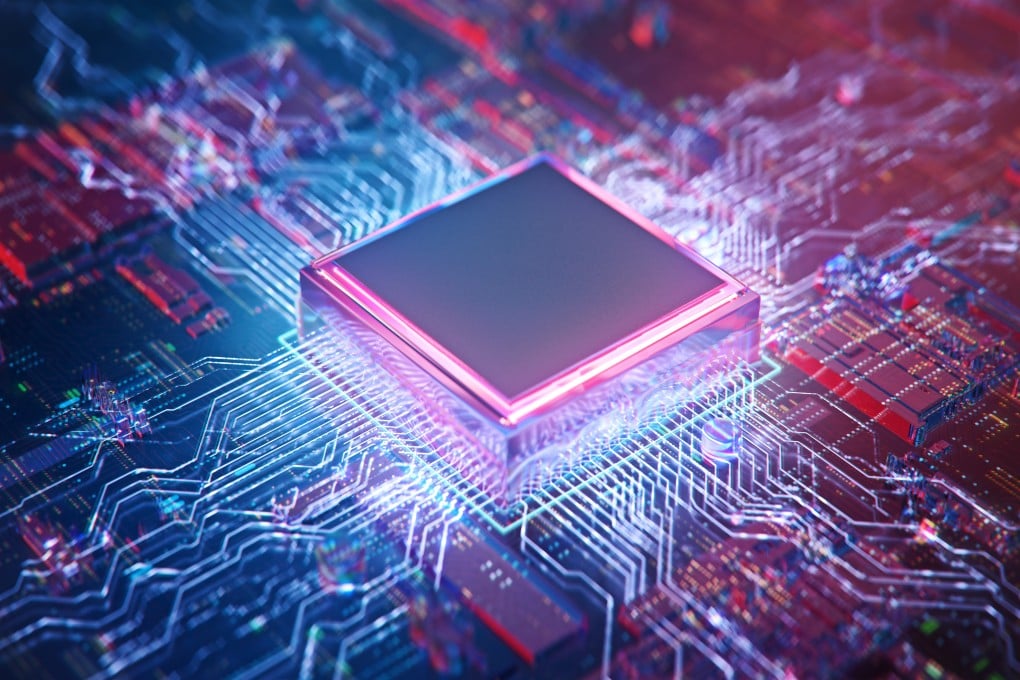Tech war: China looks for silver lining in latest US restrictions on artificial intelligence chips
- The ban was a hot topic of debate among delegates at the World Artificial Intelligence Conference in Shanghai this week
- An employee at a Tianjin-based AI server company said its government business might suffer because of the ban

Washington’s latest restrictions on exports of certain US-origin advanced artificial intelligence (AI) chips to China has elicited shock and anger on the mainland, but also sparked calls to double down on efforts to find domestic substitutes.
While China’s foreign ministry spokesman Wang Wenbin labelled the latest restrictions an act of “technology hegemonism”, as it could slow China’s big data centre development, the country’s chip veterans are trying to play down the immediate impact and highlight the possibility that Chinese graphic processing unit (GPU) makers will benefit.
News of the ban, which restricts certain high-end chips from Nvidia and Advanced Micro Devices (AMD) from being exported to China, was a hot topic of debate among delegates at the World Artificial Intelligence Conference in Shanghai this week.
One delegate from a Chinese GPU company, who declined to be named as he was not authorised to speak to the media, said the ban could benefit local companies.
He said domestic players lag behind Nvidia and AMD in terms of product performance, so it is unlikely that local products can replace the high-end US chips in the short term. However, an alternative would be to pack more local chips together to deliver higher performance.